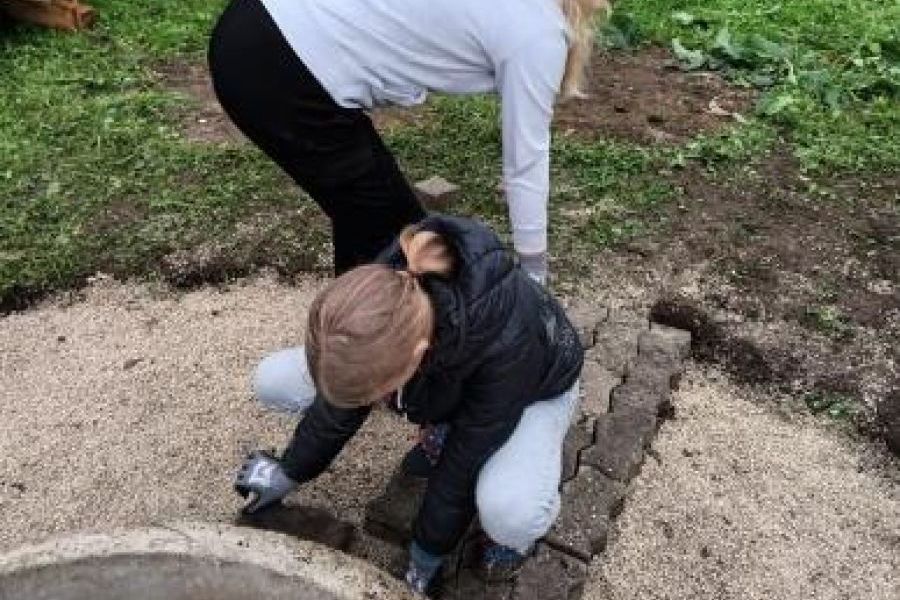
The problem
To inspire students to adopt a healthy and sustainable lifestyle so that they develop into individuals who act responsibly towards themselves and the environment.
The solution we used
Introduction of a dedicated "Healthy-Active" program, which takes place for 2 hours weekly at all grade levels.
Implementation
We spent a long time searching for a focus that would involve all teachers as well as all students. After some consideration, we came up with "Healthy-Active" because everyone wants to be healthy and active into old age, and the foundations should be established during youth. Each letter of "Gesund-Aktiv" represents a specific subject area: Mind, Nutrition, Sports, Environment/Surroundings, Nature and Sustainability, and Dialogue for grades 1 and 2, and Work, Creativity/Technology, Informatics, and Preparation for grades 3 and 4. These subjects are taught in blocks. We also regularly invite speakers and experts from various organizations, such as those from the Environmental Knowledge Network, which we have been a part of since 2020, or from the Ökolog or Climate Alliance networks, to which we also belong. The 17 SDGs are also goals and contents of our focus. We are particularly proud to be the first middle school in Lower Austria to be awarded the Austrian Eco-label.
I am responsible for the "Nutrition"-part and strive to teach my students about healthy and sustainable eating. To do this, I regularly collaborate with seminar farmer Kathrin Zöchmann, who brings a lot of love and dedication along with a variety of materials to help students understand agriculture and food production on the farm, as well as the processing of agricultural products in the school kitchen. This way, our students learn about the journey of grain "From Seed to Bread," important facts about livestock farming, bees, or even "From Grass to Burger" and "My Food - My Future." Often, multiple teachers from different subject areas work together, such as on the topic of "Herbs," where an herb spiral was created, herbs were grown and cooked, and an insect hotel was built by the students. Profiles of the most important inhabitants of an insect hotel were created and presented to visitors at our school festival. Using materials provided by ENU (Energy and Environment Agency of Lower Austria), we raised awareness about the importance of insects for biodiversity. Of course, a honey tasting and processing in various recipes could not be missed!
